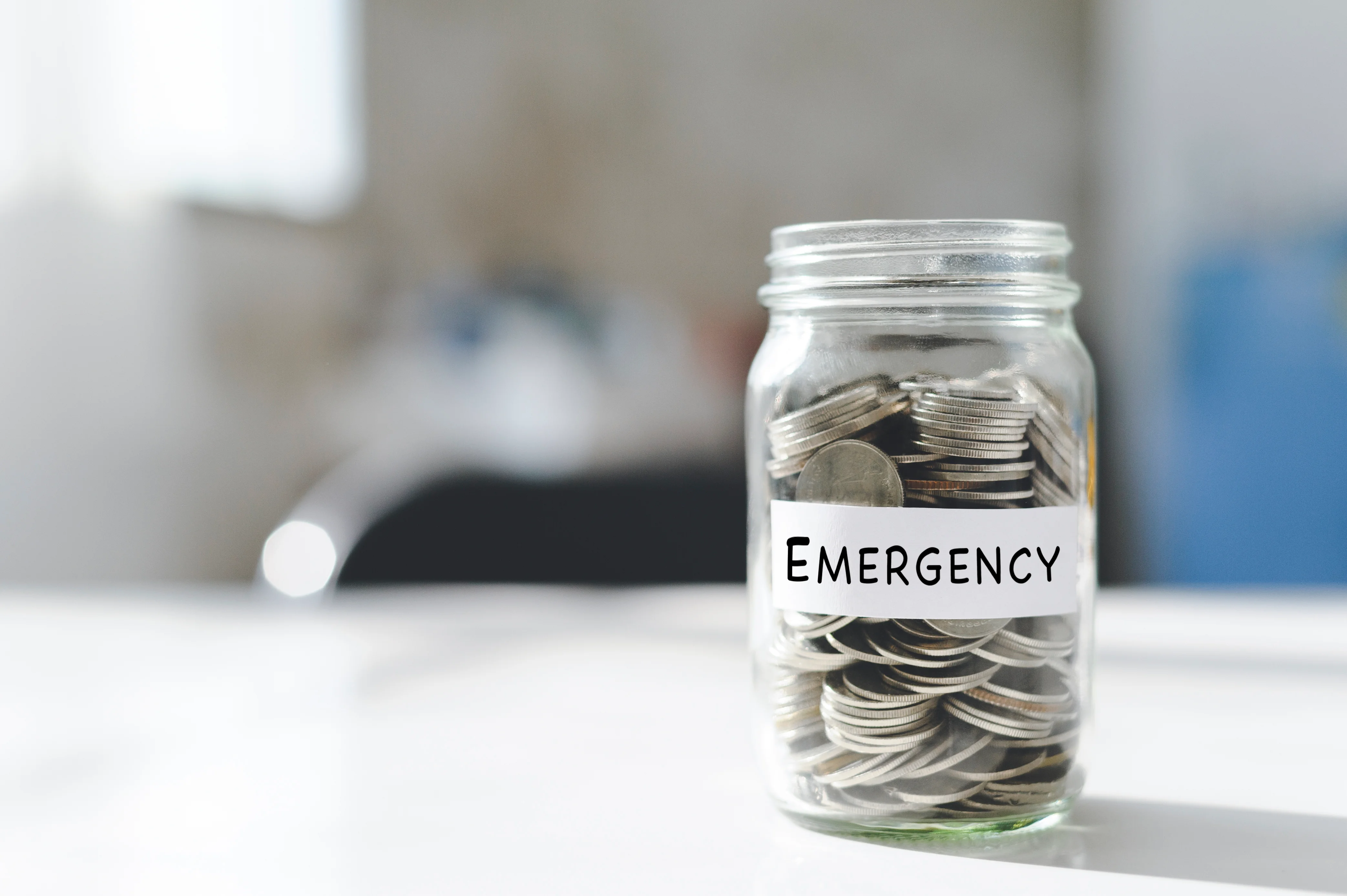
You’re just going about your daily business, getting ready to take a warm bath at the end of the long day. And then you see it, water pooling from under the sink. You open up the cupboard and it’s clear—the plumbing has sprung a leak. And to make matters worse, you have no idea how to fix it. Ever run into this situation? It’s no fun, that’s for sure, and the repairs can be costly.
When life throws you a financial curveball—like a surprise medical bill, urgent car repair, or unexpected home expense—an emergency loan can help cover the cost. These short-term loans are meant for situations when you need money fast. But applying without preparation can lead to delays or even denial. That’s why it helps to know what to expect before you apply.
In this blog, we’ll walk you through what you’ll need to apply for an emergency loan with confidence and less stress.

To apply for an emergency loan, you’ll need to prove who you are. Most lenders ask for a government-issued photo ID, such as a driver’s license, state ID card, or passport. This helps confirm your identity, age, and legal residency. If you’re evaluating personal loan companies, take note of how they handle this step—clear instructions and secure processes are signs of a trustworthy lender. Make sure your ID is current and matches the information on your application to help avoid any delays.
When applying for emergency loans, lenders want to know that you can repay what you borrow. That’s why they ask for proof of income. If you’re employed, this might include recent pay stubs or direct deposit records. If you’re self-employed, tax returns or bank statements showing regular income can work. Lenders use this information to assess your debt-to-income ratio—the balance between what you earn and what you owe. Being upfront about your income helps avoid delays and gives lenders a clearer picture of your financial situation.
Along with proof of income, some lenders ask for information about your job. This might include your employer’s name, how long you’ve worked there, and contact details. It helps confirm that you’re actively employed and receiving regular paychecks. When applying for an installment loan, even one intended for emergencies, steady employment can work in your favor, especially if the lender is reviewing your ability to make consistent monthly payments. If your job is new or temporary, you might need to provide a little extra documentation. Having your employment details ready can help move things along more smoothly.
To confirm your current address, you’ll likely be asked to provide proof of residence. This could be a recent utility bill, lease agreement, mortgage statement, or even a letter from a government agency. The address on the document should match the one you include in your application. This step helps confirm both your identity and your current living situation. Just make sure the document is dated within the past 30 to 60 days, depending on the lender’s requirements.
You’ll need to share your active checking account information during the application process. This allows the lender to deposit your loan funds directly into your account—and in some cases, to set up automatic payments. Be ready to provide your bank’s routing number and your account number. If your account is closed or has restrictions, it could delay or stop your loan approval. Double-check your info before submitting your application to avoid delays or errors in funding.
Some lenders will run a credit check as part of the approval process. Others offer emergency loans without checking your score at all. If a check is required, it could be a “soft” inquiry—which won’t affect your score—or a “hard” inquiry, which may cause a small dip. Lenders look at your history of on-time payments, credit use, and any recent loans. While a perfect score isn’t necessary, a solid credit history can open the door to better terms and lower rates.

If you are applying for emergency loans, having the right documents on hand can save you time and reduce stress. From proof of identity and income to your bank account and address details, each item plays a role in helping the lender process your application quickly. While it might seem like a lot, the process is actually pretty simple once you’re prepared. Taking a few minutes to gather your paperwork now can help you avoid delays later—especially when you need funds fast.
Whether you’re dealing with a car repair, medical bill, or another unexpected expense, Credit Central is here to help. Apply for an emergency loan today with Credit Central and get the support you need to handle life’s surprises.